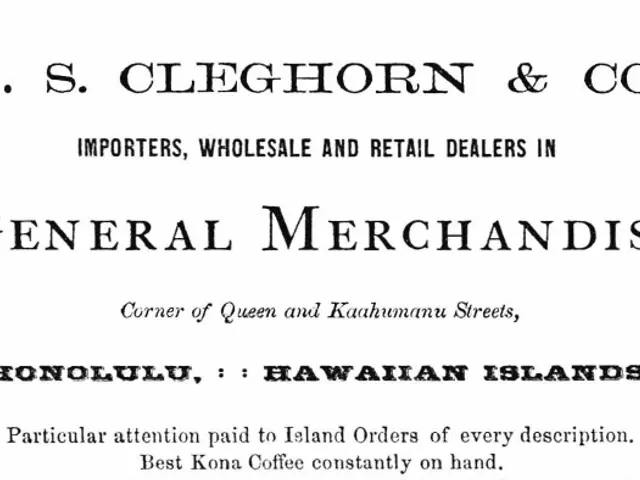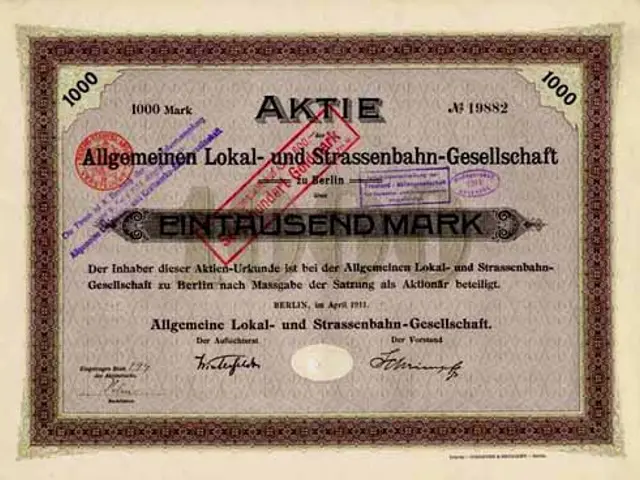How the EU’s Supply Chain Act Reshapes Swiss Business Compliance
The EU's Supply Chain Act, approved in 2021, aims to bolster human rights and environmental protections globally. This directive affects Swiss businesses, particularly SMEs, which face challenges navigating sustainability regulations. Despite initial dissatisfaction with support, many SMEs see these regulations as an opportunity to enhance their sustainable practices and reputation.
The EU Supply Chain Act impacts Swiss companies exporting goods or services, selling to EU corporations, or meeting specific size thresholds. It follows corporate criticism that led to the simplification of the EU directive, raising the company size threshold and removing climate protection compliance plans.
SMEs, however, remain dissatisfied with current federal and cantonal support in dealing with these regulations. To help, a central advisory service and strengthened industry-specific networks are recommended. These measures can assist SMEs in understanding and complying with the complex regulations, ensuring fair competition with foreign competitors.
Swiss companies, especially larger corporations and certain medium-sized enterprises, may be affected by international sustainability regulations like the Corporate Sustainability Reporting Directive (CSRD) and EU deforestation regulations (EUDR). These regulations expand reporting obligations and require detailed documentation for products like timber and paper when operating in jurisdictions where these rules apply.
The EU Supply Chain Act and other international sustainability regulations present challenges and opportunities for Swiss SMEs. While financial risks from compliance costs and customer demands for certifications exist, many SMEs view these regulations as a chance to deepen their sustainable practices, enhance reputation, and optimize internal processes. Strengthening support and providing clear guidance can help SMEs navigate these regulations effectively.
Read also:
- American teenagers taking up farming roles previously filled by immigrants, a concept revisited from 1965's labor market shift.
- Weekly affairs in the German Federal Parliament (Bundestag)
- Landslide claims seven lives, injures six individuals while they work to restore a water channel in the northern region of Pakistan
- Escalating conflict in Sudan has prompted the United Nations to announce a critical gender crisis, highlighting the disproportionate impact of the ongoing violence on women and girls.








